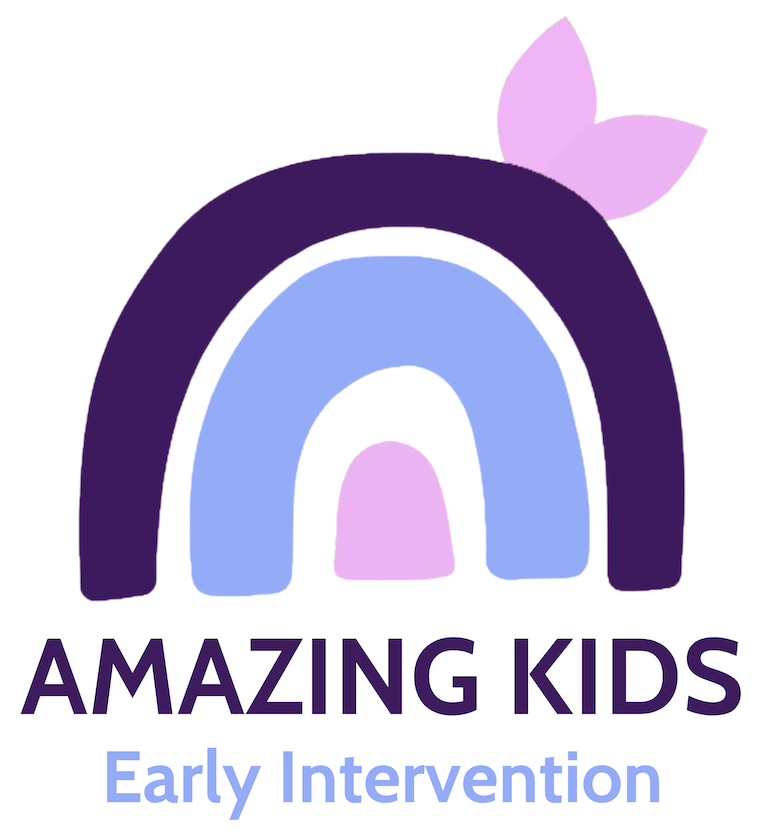Sensory sensitivities are a common challenge faced by many autistic children under five years old, often manifesting as over- or under-responsiveness to various sensory stimuli. These sensitivities can be overwhelming and impact various aspects of a child’s life, including communication, social skills, and overall development. With the support of Early Start Denver Model (ESDM) early intervention in Melbourne, it is possible to diminish the intensity of sensory sensitivities, enabling these young autistic children to experience increased comfort in their daily lives and enhance their developmental progress.
In this article, we will explore the essential role ESDM early intervention plays in addressing sensory sensitivities for autistic children in Melbourne. With the goal of providing valuable information and guidance for parents with autistic babies or children under five years old and potential therapists, we will examine how ESDM strategies can be applied to better understand and manage sensory sensitivities in autistic children, promoting an enhanced sense of comfort, growth, and overall wellbeing.
With an intention to create intent-driven and unique content, this blog post aspires to equip parents and potential therapists with practical solutions and strategies that can be integrated into the everyday lives of autistic children. By fostering deeper comprehension of the diverse sensory experiences and challenges these young children face, our goal is to empower readers with guidance on how ESDM early intervention can provide tailored support to autistic children while simultaneously attending to their sensory sensitivities and ultimately improving their overall quality of life.
1. Understanding Sensory Sensitivities in Autistic Children
Greater awareness of the unique sensory experiences faced by autistic children can lead to more personalised and effective interventions:
– Recognise the Triggers: Identify the specific sensory stimuli that might overwhelm or cause discomfort for your child, such as bright lights, loud noises, or certain textures.
– Observe Behavioural Patterns: Take note of your child’s reactions to sensory input, either seeking out or avoiding certain stimuli.
– Collaborate with Professionals: Collaborate with your child’s ESDM therapist to better understand their sensory needs and develop tailored strategies to support them.
2. Implementing ESDM Strategies to Support Sensory Comfort
Addressing sensory sensitivities in your child’s daily life and routines can enhance their overall well-being:
– Create a Sensory-Friendly Environment: Make adjustments to your living space to accommodate your child’s sensory needs, such as reducing harsh lighting or providing opportunities for calming sensory input.
– Develop Sensory Routines: Establish daily routines and rituals that incorporate sensory activities, such as deep pressure, calming swings, or fidget tools.
– Introduce Gradual Desensitisation: Gradually expose your child to sensory stimuli in a controlled and safe manner, allowing them to build tolerance and resilience over time.
3. Enhancing Communication and Social Skills through Sensory Support
By addressing sensory sensitivities, parents and therapists can positively impact autistic children’s communication and social development:
– Use Visual Supports: Implement visual schedules and social stories to illustrate and explain sensory experiences, helping your child develop greater understanding and predictability in their environment.
– Support Non-Verbal Communication: Encourage alternative communication methods, such as the use of visual aids or gestures, to support your child in expressing their sensory needs and preferences.
– Facilitate Inclusive Social Interactions: Create opportunities for your child to participate in social situations with peers that accommodate their sensory needs and preferences, building confidence and fostering inclusion.
4. Navigating Challenges and Coping Mechanisms in Sensory Sensitivity Management
Managing sensory sensitivities in autistic children may require consistent effort, perseverance, and ongoing support:
– Allow for Flexibility: Recognise that your child’s sensory needs may change over time, requiring adaptive strategies and continuous reassessment.
– Foster Self-Advocacy Skills: Encourage your child to communicate their sensory needs and establish boundaries, developing self-advocacy and independence.
– Seek Professional Support and Resources: Engage with ESDM early intervention providers in Melbourne for guidance on sensory management strategies, resources, and support within your child’s early intervention journey.
Conclusion
With the assistance of ESDM early intervention, parents and therapists can play an integral role in addressing sensory sensitivities in autistic children under five years old, promoting enhanced comfort, growth, and overall well-being. By understanding the unique sensory experiences and challenges these children face and implementing tailored strategies grounded in ESDM principles, support can be provided that addresses their sensory needs and fosters greater communication and social skill development.
At Amazing Kids, we are dedicated to providing individualised ESDM early intervention services in Melbourne for autistic children and their families. Reach out to us today to discuss how our team can support you in navigating the complexities of sensory sensitivities, empowering you with the knowledge and strategies needed to create a more comfortable, enriching life for your autistic child.
